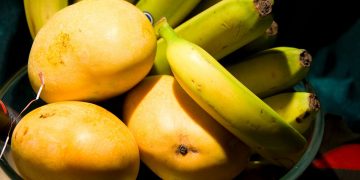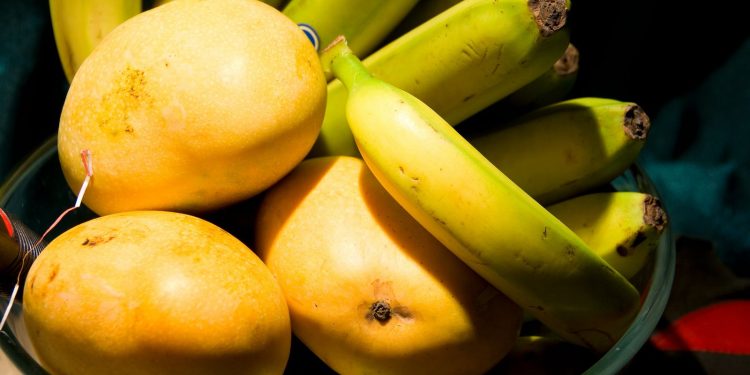#ClimateChange #Agriculture #FoodSecurity #Italy #TropicalFruits #ClimateAdaptation #ExtremeHeat #GlobalWarming #MediterraneanRegion
The extreme heat caused by climate change has resulted in a notable increase in the cultivation of bananas and mangoes in Italy. This development comes with significant consequences, as experts warn that climate change in Europe could have a profound impact on global food security. The changing climate in the Mediterranean region is already affecting agricultural production, leading to damages to olive groves, rice fields, and apiaries. Dairy and honey production have also been negatively affected due to the heat. As the planet continues to experience climate shifts, this article examines the challenges faced by farmers in the Mediterranean and explores how the world may evolve if climate change persists.
The Mediterranean region has been experiencing more rapid climate change than many other parts of the world. Since the beginning of the industrial era, the average temperature in the region has risen by approximately 1.5 degrees Celsius. The effects of extreme heat, rising sea levels, and drought have taken a toll on food production in the area.
In Italy, where the climate has become more favorable for tropical fruits, the cultivation of bananas, mangoes, and avocados has seen a significant surge. Regions such as Sicily, Calabria, and Apulia have witnessed a three-fold increase in the production of these fruits over the past five years. This shift in agricultural practices is a response to the changing climate, which has made it possible to grow these formerly tropical fruits in these regions.
However, while the increase in banana and mango cultivation offers new economic opportunities for farmers, it also poses challenges and potential risks. The traditional crops and livestock that once thrived in the region may struggle to adapt to the changing conditions. For instance, high temperatures lead to reduced milk production in cows and lower pollen collection by bees, resulting in a 70% drop in honey production compared to the previous year in Italy.
Moreover, climate change’s impact on food production in the Mediterranean serves as a stark warning for the rest of the world. Changes in climate can disrupt established agricultural practices and lead to food scarcity and insecurity on a global scale. If global warming continues unabated, some regions may become unsuitable for certain crops, making it essential for farmers to adapt and diversify their agricultural practices.
As Italy shifts its focus towards cultivating more tropical fruits like bananas and mangoes, there are both positive and negative consequences. On the positive side, this diversification of crops can bring economic benefits, create new job opportunities, and open up export markets for these fruits. Additionally, it can help meet the increasing demand for tropical fruits in the region and beyond.
However, there are also concerns about the long-term sustainability of this agricultural shift. Relying heavily on tropical fruit cultivation may lead to a higher water demand in regions not accustomed to such crops, potentially straining local water resources. Moreover, the abandonment of traditional crops and livestock could lead to a loss of biodiversity and cultural heritage.
The consequences of climate change extend beyond Italy’s borders. As extreme weather events become more frequent and unpredictable, global food supplies may be disrupted, leading to price fluctuations and shortages. This can exacerbate food insecurity and impact vulnerable populations in different parts of the world.
The cultivation of more bananas and mangoes in Italy due to extreme heat highlights the ongoing impact of climate change on agriculture and food security. While this shift presents opportunities for farmers, it also underscores the urgency of addressing climate change on a global scale. Sustainable practices, adaptation strategies, and international cooperation will be crucial in mitigating the adverse effects of climate change on food production and ensuring a secure and stable global food supply.































